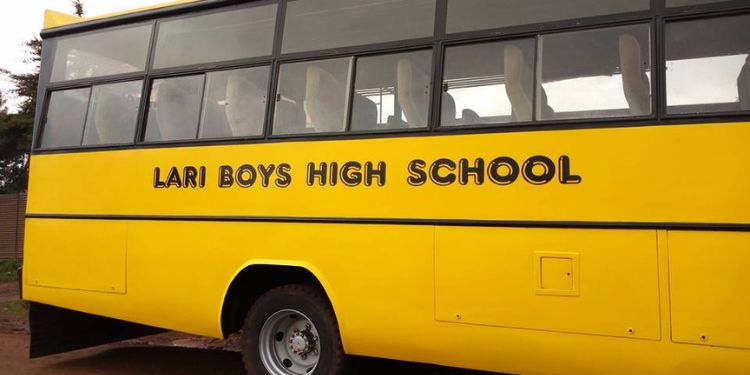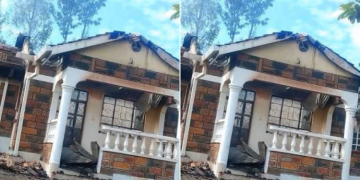Student-run WhatsApp groups are at the center of a growing wave of school unrest in Kiambu County’s Lari sub-county, where at least 10 secondary schools have been forced to close in just one week.
The Ministry of Education says the coordinated chaos marked by arson, walkouts, and class disruptions has largely been driven through digital messaging, with students allegedly using WhatsApp to organize protests and pressure peers in neighbouring schools to join the movement.
Of the 42 secondary schools in the sub-county, nearly a quarter have shut down, either due to fire damage or as a pre-emptive move to safeguard students and school property.
Among that hit is Lari Boys Secondary School, which was closed indefinitely after students torched key buildings over the weekend, reportedly following a dispute involving musical instruments.
Other institutions currently shut include Kijabe Girls, Kijabe Boys, Kirenga Boys, Nyamweru Secondary, Gatamaiyu Boys, Magina Mixed, Utugi Secondary and Bathi Secondary.
Also Read: Duale to Close 1,000 Hospitals
Student Grievances
Officials report that many students involved have not cited specific grievances, though preliminary investigations point to widespread anxiety over upcoming national examinations and dissatisfaction with the “tap-to-eat” school meal program.
The Ministry has dispatched education officers to Lari and convened high-level crisis talks with school principals and security agencies.
In schools where calm could not be restored, officials advised controlled dismissals to minimize further disruption or risk to students and staff.
Investigations into the root causes are ongoing and expected to conclude by Wednesday, July 17.
With just two weeks remaining in the second academic term, the crisis has thrown learning schedules into disarray.
Fire Outbreaks in Kenyan Schools
In Kenya, officials identified arson as the main cause of school fires, with students frequently held responsible.
Also Read: Why Schools Could End Term Two Earlier Than Planned
In 2016, Kenyan authorities recorded around 130 school fire cases linked to student unrest.
By 2018, at least 63 similar incidents had been documented, according to data from parliament.
These fires have affected schools across the board boys’, girls’, and mixed institutions alike.
Many Kenyan parents opt for primary boarding schools, believing they offer a more focused learning environment, better discipline, and a solution to the challenges of daily commuting, as highlighted in the Kenya Studies Review.
Research by Isaac Muasya of the University of Nairobi indicates that arson is the primary trigger of these school fires.
However, other hazards such as defective electrical devices and easily ignitable items like cigarettes also contribute significantly to the risk.
Follow our WhatsApp Channel and X Account for real-time news updates













































































